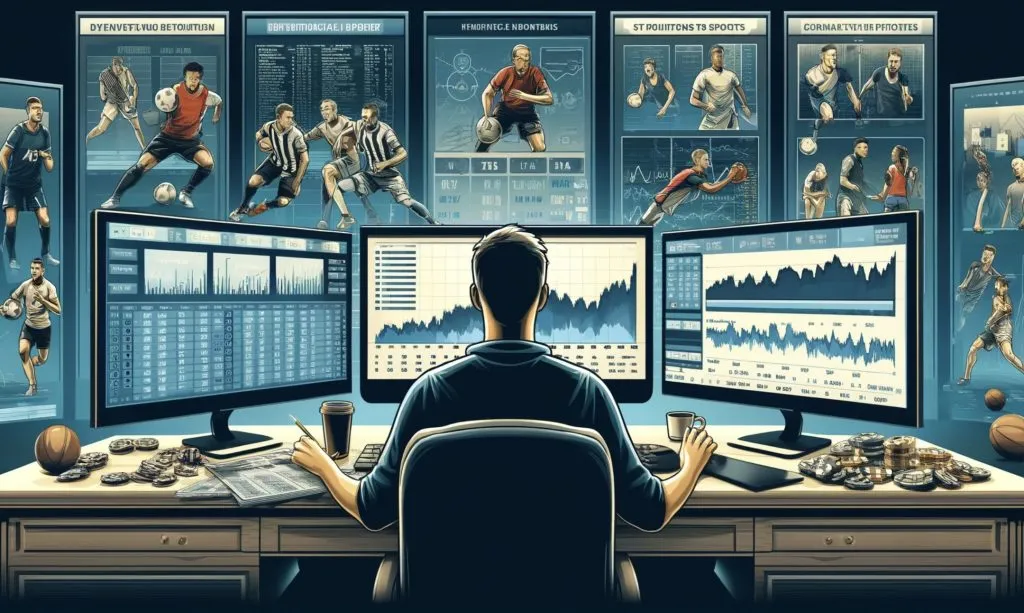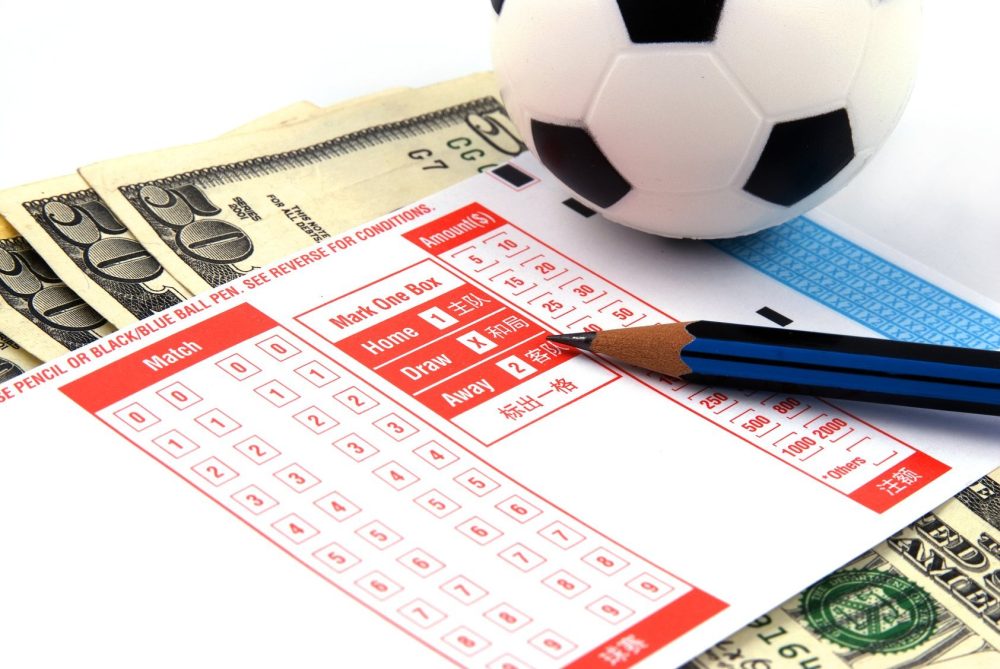Who is a bookmaker? This is a specialist who creates a unique offering architecture for each customer category. Beginners prefer single bets – single bets on a single outcome that don’t require complex calculations. Average odds range from 1.5 to 3.5, and the bet refers to a specific event: a team win, a draw, or a total score. This format ensures simplicity and a clear risk system: win or lose.

Advanced customers move on to express bets, where multiple outcomes are combined into one bet. Each added match multiplies the final odds and increases the potential profit, but also increases the vulnerability – a loss on one event invalidates the entire bet. These are express bets that actively build a customer base with an ambitious strategy. They create a stream of predictions, each outcome requiring high accuracy. To accommodate these players, the bookmaker creates complex lines with gradual correction.
For experienced users, the bookmaker offers a system combining several express bets with the ability to offset individual errors. For example, in the 3 out of 5 model, a win is considered when three out of five bets are successful. This mechanism helps maintain the interest of those who place bets regularly but want to limit their losses. The system is designed for high participation and requires a strong analytical approach.
The live betting format attracts those who follow events in real time. The bettor places their bet not before the start of the match, but during the match—for example, on the next goal, penalty, substitution, or yellow card. With such bets, the bookmaker adjusts the odds as the event progresses, uses algorithms for instant recalculation, and increases the margin in moments of uncertainty. Customers in the live segment most often use mobile applications and frequently place bets throughout the day.
Revenue Model: What is Profit Based on?
Without an understanding of financial architecture, it is impossible to understand what a bookmaker is. The main source of income is the margin. This is a built-in commission that the bookmaker includes in the odds. For example, if both teams’ chances of winning are theoretically equal, the odds should be 2.0. However, the bookmaker quotes 1.9 on both sides and takes 5% as their return. With this model, you can make a profit even with equal bets on both outcomes.
In addition to the margin, the company charges hidden fees. When paying out bonuses, processing regular transactions, or canceling bets, the bookmaker retains a portion of the funds. These mechanisms regulate customer behavior, motivate the maintenance of balance, and relieve the burden on the company’s financial system. Commissions improve cost control, especially during periods of high customer profits.
In-house analysts use tools to trade odds. If the system registers a sharp increase in bets on one outcome, the bookmaker lowers the odds while simultaneously increasing the opposite outcome. This approach is a type of insurance that helps balance cash flows and mitigate insider risk. In some cases, the bookmaker uses scenario modeling and artificial intelligence to predict “anomalous behavior” of the line.
Other revenue sources include casinos, eSports betting, political events, and even virtual games. These products reduce dependence on the calendar of traditional sports competitions. For example, the bookmaker uses eSports broadcasts and computer simulations during off-seasons or when matches are canceled due to force majeure. The business doesn’t rely on football odds, but rather spreads profits across all possible segments.
Professional Standards and Internal Responsibility of the Bookmaker
Defining who a bookmaker is requires not only an understanding of betting mechanics and the financial model, but also the level of responsibility towards market participants. Lawyers operate in accordance with regulatory standards and hold professional licenses from national or international authorities. These documents require compliance with standards for customer protection, the prevention of money laundering, and the control of compulsive gambling behavior.

Every licensed bookmaker is required to keep customer funds separate from the company’s operating financial instruments. This regulation eliminates the risk of insolvency and ensures the payout of winnings regardless of the operator’s current financial situation. Regulatory authorities regularly audit accounting systems and monitor compliance with the license conditions and the correct functioning of the coefficients. Failure to renew a license or non-compliance with the conditions can result in suspensions, fines, and exclusion from the market.
To maintain trust, bookmakers use self-regulation tools. Time limits, stake limits, and self-exclusion features are all elements designed to prevent gambling addiction. Internal algorithms detect atypical behavior and temporarily block access until identity is verified. This approach reduces risks and strengthens the operator’s reputation among loyal customers.
Who is a bookmaker: the main thing
 This is a specialist who transforms sports into a sustainable business. A professional combines analytical skills, mathematical modeling, risk management, and technical infrastructure. The business is based on probabilities, odds, and margins, and technological growth is transforming it into a financial service adapted to mobility and digital activities.
This is a specialist who transforms sports into a sustainable business. A professional combines analytical skills, mathematical modeling, risk management, and technical infrastructure. The business is based on probabilities, odds, and margins, and technological growth is transforming it into a financial service adapted to mobility and digital activities.
 Initially, a bookmaker was a private individual who accepted bets from friends. Modern legal bookmakers act as specialized financial service providers:
Initially, a bookmaker was a private individual who accepted bets from friends. Modern legal bookmakers act as specialized financial service providers: en
en  de
de  ar
ar  es
es  nl
nl  hi
hi  fr
fr  it
it  pt
pt  el
el 

 This is a specialist who transforms sports into a sustainable business. A professional combines analytical skills, mathematical modeling, risk management, and technical infrastructure. The business is based on probabilities, odds, and margins, and technological growth is transforming it into a financial service adapted to mobility and digital activities.
This is a specialist who transforms sports into a sustainable business. A professional combines analytical skills, mathematical modeling, risk management, and technical infrastructure. The business is based on probabilities, odds, and margins, and technological growth is transforming it into a financial service adapted to mobility and digital activities.









